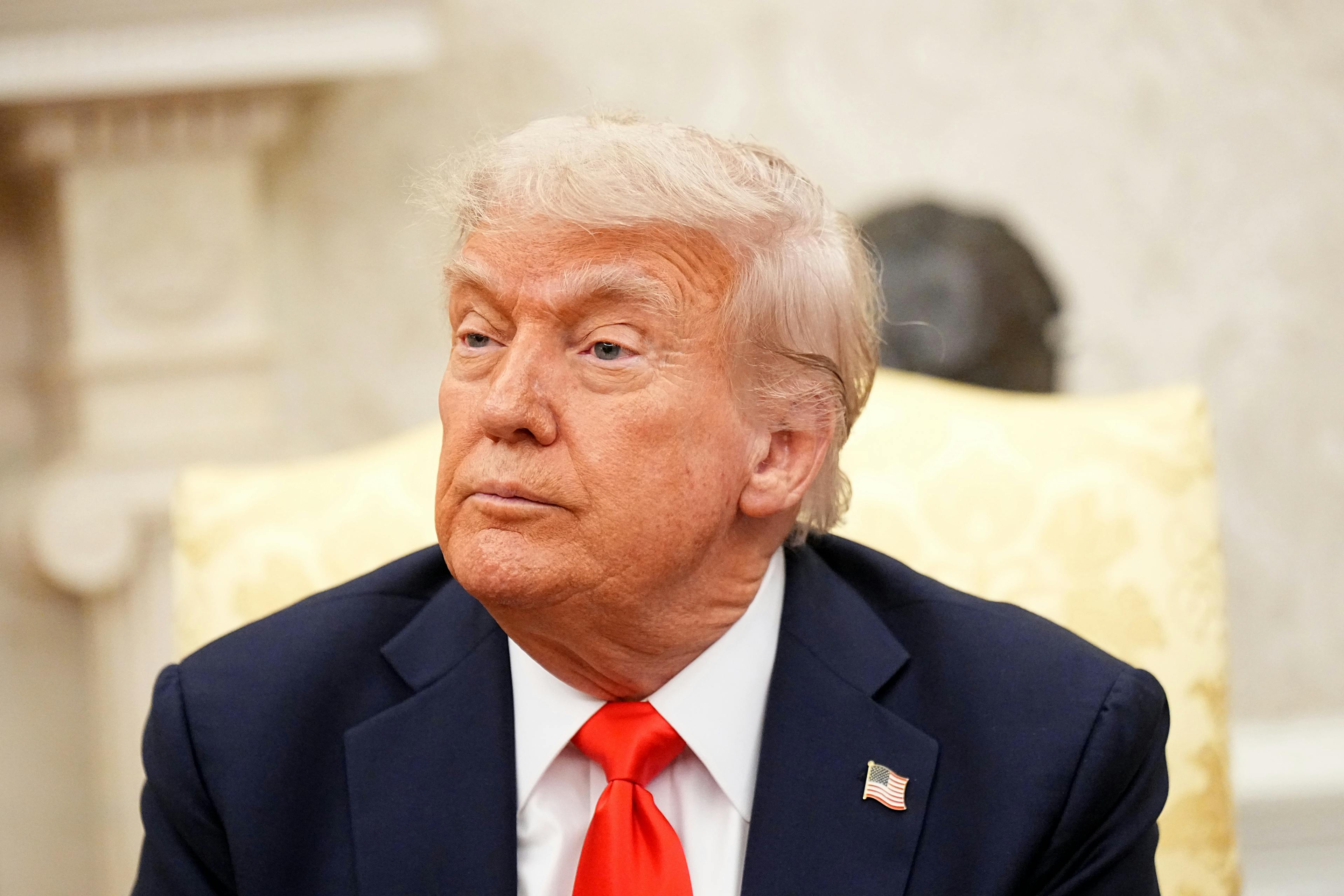Trump trades tank across the board as bust-up with Musk unravels into public brawl
Investments premised, in part, on ties to Trump 2.0 suddenly look riskier.
Trump trades stumbled hard amid a bizarre, live-on-TV spat between President Trump and erstwhile political ally Elon Musk.
It was perhaps the clearest demonstration that some of those investing in the so-called Trump trades — shares of companies with ideological, financial, or professional ties to the reality-TV-star-turned-president that have seen their shares surge since his 2024 election victory — were, in part, making a bet that these companies will remain in Trump’s good graces long enough to monetize some of that political juice.
That bet suddenly looks a lot more precarious after the bizarre White House press conference, where the president and the world’s richest man swapped insults and castigations using their mediums of choice — Trump, a bank of television cameras, and the Tesla CEO, through X, the social media site he purchased in 2022.
As silly as the specter was, it’s worth noting that there are real business implications at stake. Trump alleged that Musk’s recent campaign to kill a tax-cutting bill making its way through Congress came because it included provisions doing away with key tax incentives for electric vehicles that have been crucial to Tesla.
That means, to the extent that traders have been betting that the Trump administration would bend key government policies to shield and/or reward close political and financial allies like Musk — a pretty fair definition of corruption, by the way — were wrong, at least in this instance.
That reality seems to be prompting a bit of reconsideration for those who have been riding Trump-related trades. Shares of Palantir, Trump Media & Technology Group, GEO Group, as well as bitcoin all slumped somewhat in the aftermath of the Musk spat, which the president has apparently now taken to Truth Social.
